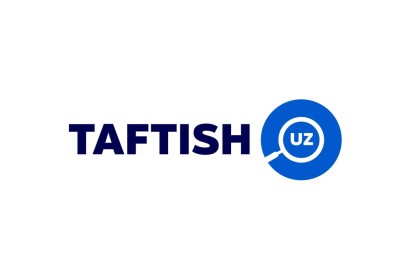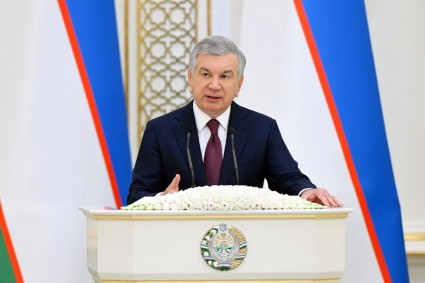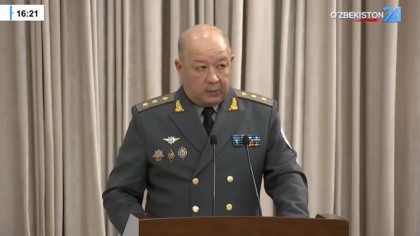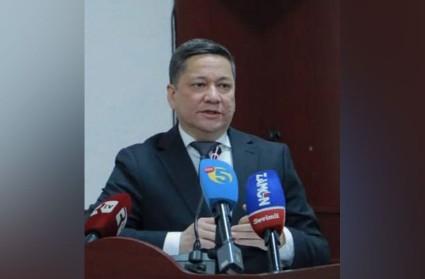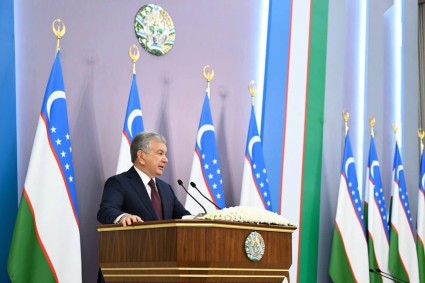President Shavkat Mirziyoyev in his remarks at a meeting with healthcare professionals at the Tashkent State Medical University on Monday criticized the inefficient use of modern equipment and medications in public specialized medical centers, his spokesman Sherzod Asadov said.
Shavkat Mirziyoyev stated that over the past few years, 230 trillion soums (US$ 20 billion) had been contributed to the healthcare sector, with 45 trillion soums allocated this year alone, which is 6 times more than in 2016. 187 new polyclinics and hospitals have been opened in provinces, and 1244 have been renovated and equipped. The capacity of primary healthcare facilities has increased by 60%. More than 400 high-tech diagnostic and treatment methods, previously mainly used in the capital, are being introduced in the provinces. Hundreds of the most complex operations have been transferred to provincial centers, and minimally invasive surgeries to the district level. Kidney transplantation has been introduced for the first time in 45 districts.
“7.5 trillion soums have been allocated to specialized centers Over the past five years. They are equipped with thousands of units of the most modern equipment. Can any center say that it lacks medicines? How are all these funds, equipment, and medicines being used?” the president asked.
He answered his own question: “Unfortunately, equipment is only being utilized at 25%.” Meanwhile, the public continues to spend a significant portion of their income on medicines.
Shavkat Mirziyoyev stated that medical centers, district and provincial health departments, and ministries have no future if they aim at digitalization, finding partners abroad, updating clinical protocols, and forming a modern team capable of conducting advanced methods of diagnosis, prevention, and treatment. Analysis of Diseases and Provinces Needed
He underscored that it was now important to analyze in which mahallas and districts there is an increase or decrease in morbidity, to adopt a clear plan for their prevention and effective treatment, so that republican specialized centers can competently organize work locally and effectively use expensive equipment.
Over the past five years, the incidence of gastrointestinal diseases has decreased by 1.5 times nationwide, except for the Kashkadarya and Navoi provinces, where there have been no changes. In the Yakkabag district, 33% of visits to doctors, in the Guzar district - 29%, in the Kasan and Mirishkor districts - 25% are related to these diseases.
Doctors are criticized for continuing to indiscriminately prescribe antibiotics to the public, especially children. The work on visiting local areas and explaining to doctors in hospitals and polyclinics which drugs can and cannot be used is poorly organized, the president said.
In Karakalpakstan, Khorezm, Fergana, and Andijan provinces, the rates of kidney diseases are 40-50% higher than the national average. The very fact that these diseases have been observed in these provinces for many years without a decrease should concern the leadership of the Urology and Nephrology centers, Shavkat Mirziyoyev stated.
Despite the high incidence of cardiovascular diseases in Karshi, Angor, and Bustan districts, the Cardiology Center has not taken concrete steps in this direction. Modern laboratory and simulation equipment, purchased three years ago for $5 million, has not been used for a single day, he emphasized.
Annually, 100 billion soums are allocated for drugs to treat endocrine diseases. In Karakalpakstan, Samarkand, Surkhandarya, and Jizzakh provinces, a high level of thyroid disease incidence still remains. Over the past year, the Endocrinology Center increased the cost of its services by 35%, but failed to consider disease prevention, the head of state underscored.
He pointed out that private clinics today are on par with state hospitals, and in some high-tech services even surpass them. For example, robotic technologies in surgery were first introduced in the private sector. At the same time, the centers for neurosurgery and surgery still have no plans to launch robot-assisted operations.
Shavkat Mirziyoyev reminded that recently the head of the Republican Oncology Center was dismissed and an experienced manager from Turkiye had been appointed in his place. The world-renowned French Gustave Roussy clinic has been brought in to work with the center. The implementation of their clinical protocols will begin.
"All heads of centers must understand: these centers are not private property, they all belong to the state, to the people!" the president declared.
He gave directives to all heads to draw conclusions and develop a detailed plan for the year. If they do not find a partner abroad and implement the changes themselves within three months, "we will manage without them," he said.
The head of state underscored that the heads of provincial and district health departments, as well as family clinics, are still working based on old approaches and methods.
“Equipment that was delivered to the regions with great difficulty is not being fully utilized; some equipment hasn't even been unpacked,” he said.
A CT scanner purchased for $300,000 for the Gurlen district hospital is operating at only 9% of its capacity. An angiograph at the Navoi Regional Emergency Medical Center, costing about $1 million, is operating at only 4% capacity, he cited as examples.
Shavkat Mirziyoyev gave a directive to their heads to visit private clinics to “see and study how entrepreneurs effectively use such devices.”

